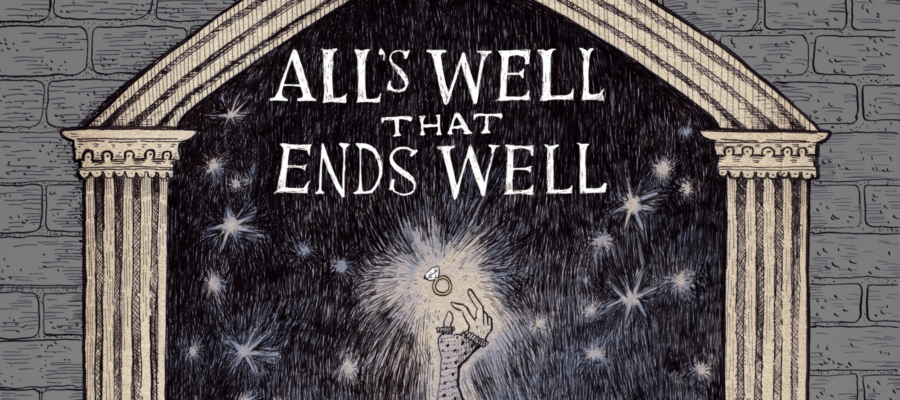Rana Ahmed Iqbal
Moral Clarity and the Essence of Resistance
Moral clarity is a term that refers to the ability to perceive and act in accordance with moral principles, especially in situations that involve ethical dilemmas or conflicts. Moral clarity implies having a clear sense of right and wrong, and being confident and consistent in one’s moral judgments. Resistance is a term that can have different meanings depending on the context, but generally, it refers to a group or a movement that opposes a dominant or oppressive force, such as a tyrannical regime, an unjust system, or a harmful ideology. The resistance can be seen as a form of moral courage, as it involves standing up for one’s values and beliefs, even at the risk of personal harm or social ostracism.
The concept of moral clarity and the resistance can be related in several ways. One way is to consider how moral clarity can motivate and guide the resistance, as well as how the resistance can challenge and enhance moral clarity. For example, moral clarity can motivate and guide the resistance by providing a clear vision of what is wrong and what needs to be changed, as well as a sense of moral obligation and responsibility to act on behalf of justice and human dignity. Moral clarity can also help the resistance to avoid moral relativism, moral compromise, or moral corruption, and to maintain moral integrity and consistency in their actions. The resistance can challenge and enhance moral clarity by exposing the moral flaws and failures of the dominant or oppressive force, as well as the moral complexities and ambiguities of the situation. The resistance can also help to expand and deepen moral understanding and awareness, by bringing to light the perspectives and experiences of the oppressed, marginalized, or silenced groups, and by fostering moral dialogue and deliberation among different stakeholders.
Accordingly, the concept of moral clarity and the resistance can be seen as interrelated and mutually reinforcing aspects of moral action and moral development, especially in the face of ethical challenges and conflicts.
Please, subscribe to the monthly magazines of republicpolicy.com
In moments of vulnerability, when I am overwhelmed by the injustices of the world and the sheer powerlessness of my existence, I feel a deep sense of agitation. It is not sadness or insignificance that grips me, but rather a frustration that resembles the stirrings of rebellion without the means to act. In these moments, I question the meaning of resistance in a world where the majority are systematically excluded from a decent life simply for daring to aspire to more from those in power.
The answer that emerges from my contemplation is simple yet profound: to possess moral clarity untainted by the arrogance of professionalism, to voice one’s convictions even if it resonates in an echo chamber or falls on deaf ears, to work with humility alongside the most vulnerable, not as a savior but as an equal in the struggle against tyranny. This resistance demands self-reflection, an acknowledgment of the unjust burden borne by the poor, who pay the price for crimes they never committed or were forced to commit.
True peace is elusive because we often lack moral clarity. We fail to empathize with experiences of pain and discrimination, especially when the perpetrators are those we admire or when our own greed for money or power clouds our judgment. In these instances, our degrees from Oxford, Harvard, or LUMS hold no sway. We side with our interests and our perceived loves.
It is impossible to convince Yale-educated lawyers that providing a living wage to their employees is as essential as filing public interest litigation or upholding the sanctity of the Constitution. Similarly, Western-educated academics may fail to grasp that while they seek intellectual gratification through their writings, their pursuit cannot supersede the basic physiological needs of others, even if those individuals are demonized as incompetent, brainless, lazy, and morally corrupt. Development consultants, too, may overlook the ulterior motives behind funding and fail to appreciate the value of local Pakistani culture.
The eye of resistance must be pure, unclouded by contempt for the poor and powerless, refusing to justify the demolition of working-class homes or the invasion of Palestine. It must see the war in Ukraine not just as a pragmatic retaliation but as an invasion of a weaker nation. It must recognize Western expansion, imperialism, and capitalism in the Americas as genocidal acts.
This resistance is not about submission to lectures on pragmatism or about loyalty to ethnicity, religion, social class, or gender. It is an ancient spiritual prayer for liberation, for the formation of a community where all have their livelihoods and dignity secured and cherished. It is a resistance that not only thinks, writes, and speaks, but also has the courage to act.
Please, subscribe to the YouTube channel of republicpolicy.com

















